Climate sceptics lose court case in New Zealand
Now here’s an interesting little snippet for a Friday afternoon. I was interested to read that New Zealand’s High Court has ruled against climate sceptics who took a government agency to court because it said the temperature had risen in the past century. The National Institute of Water and Atmospheric Research (NIWA) had concluded that the country’s climate had warmed almost one degree Celsius between 1909 and 2009. A private group called the “New Zealand Climate Science Education Trust” took the agency to court, saying NIWA’s methodology was flawed and the findings not peer reviewed. But the judge disagreed, saying the institute had used internationally recognised and credible scientific methodology. A group of climate change scientists from New Zealand universities welcomed the court verdict and described it as “bizarre” that a small group of scientists should go to court to question the basic science of climate change which, they, say, has been established for well over a century. “Almost all scientists active in climate research agree that human activity is causing the climate to change”. New Zealand’s glaciers have been retreating over the last century. The scientists also cite rising sea levels and the clear reduction of the Arctic sea ice.
“This misguided action of a small group adds confusion to a simple issue — the world is warming and future generations of New Zealanders will have to deal with the consequences,” the scientists’ statement said. – And they won’t be the only ones, adds the ice blogger up here in the northern hemisphere, working on a story on climate change and the North Sea and the ongoing mega-melt of the Arctic sea ice.
Bangkok, Doha – Countdown on for this year’s UN climate talks
What are these gannets doing on the ice blog? Well, it seems they migrated to Germany because of climate change. Read below to understand the connection. (No wisdom without pain…)
Did you know there has just been another round of UN climate talks in Bangkok? I don’t blame you if you didn’t. It’s hard to keep track of the “talks between the talks…” It’s also hard to keep up interest and optimism and not give way to resignation, given the disastrous melting of the Arctic ice and all the other clearly visible impacts of climate change.
![]() read more
read more
Greenpeace protest against drilling as Arctic ice reaches record low
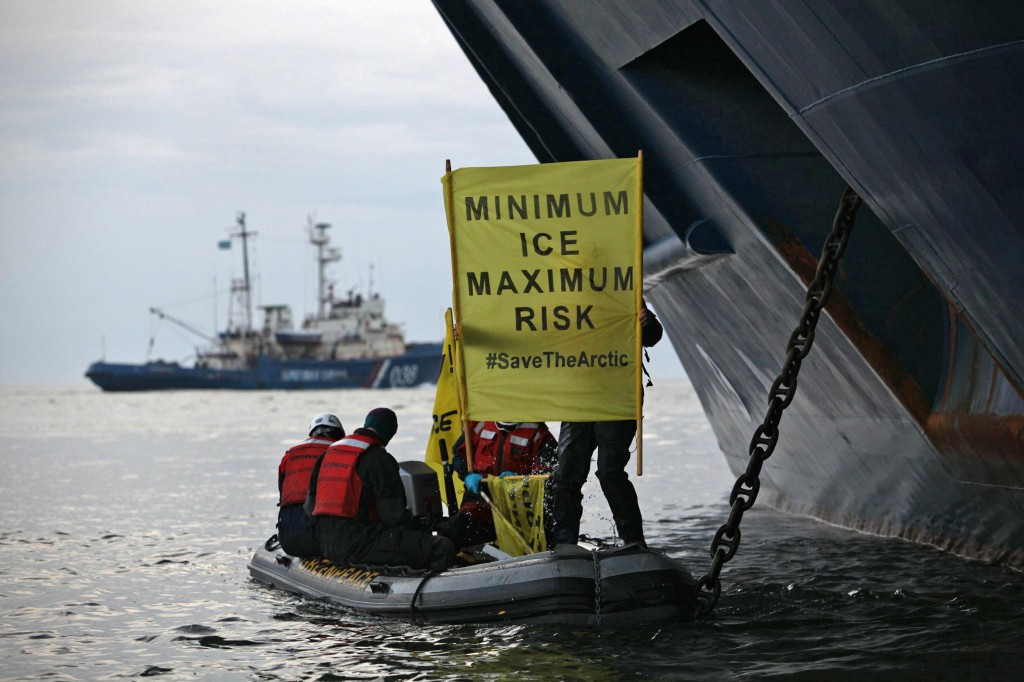
A team of Greenpeace activists attach themselves to the anchor chain of the Anna Akhmatova, a Gazprom passenger vessel. The team is preventing the ship from lifting anchor and sailing to the Prirazlomnaya oil platform to complete the work that will allow them to begin drilling in this fragile region. Photo by Denis Sinyakov / Greenpeace
Well, it has finally happened as feared. The National Snow and Ice Data Center at the University of Colorado has confirmed the summer sea ice in the Arctic has melted even further than in the record year 2007 – and it’s not at its annual summer minimum yet. It’s likely to melt more in the next three weeks. Must be a very frustrating feeling for the Greenpeace activists who have been hovering around the Russian Arctic drilling platform Prirazlomnaya, belonging to Gazprom, for the last five days.
![]() read more
read more
Sea ice set to beat melt records
It comes as no surprise to me but I find it deeply worrying that scientists say we are heading for a record sea ice melt. Experts from the University of Colorado at Boulder say summer ice in the Arctic is already coming close to the lowest level recorded, although there are still a couple of weeks left in the summer melt season. Mark Serreze, director of the University’s National Snow and Ice Data Center has been telling news agencies he and his colleagues are amazed by the measurements coming in.
Read more on this and why the melt is so significant at Phys.Org.
The Russian environment agency also reported record melting this month.
Meanwhile, the Chinese have sent their ice-breaker through the Arctic, as reported in the last ice blog post. Russia is stepping up efforts to make the Northern Route more regularly accessible. Canada is setting up a new high Arctic research station. The hunt for oil and gas in previously inaccessible areas is attracting more and more interest. The battle for influence in the Arctic is heating up with the climate. At the same time I read somewhere the other day that cars today have more horsepower than ever before. Aren’t we supposed to be saving energy and cutting emissions?
Spring sun triggers Antarctic smart grid
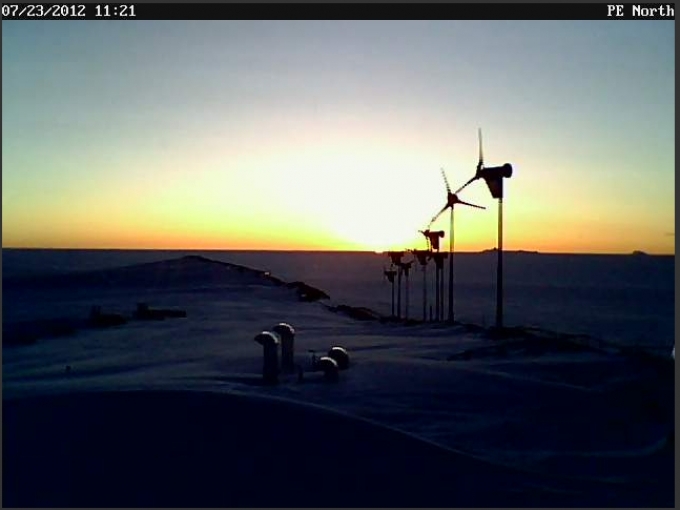
Spring sun getting ready to take over from winter wind at Belgium's Antarctic station. Picture from the webcam, taken in July, copyright of International Polar Foundation
As the webcam shows, the sun has returned to Antarctica after the long dark winter. This is at Belgium’s station, Princess Elisabeth Antarctica, the “Zero Emissions Station”, as you may have read before on the Ice Blog. The station is uninhabited in winter, and controlled remotely via satellite. In winter, with no sun aboutj, power comes from wind turbines. Over the last few days, enough sunlight has touched the solar panels to wake up the team of “Sunny Boys” – inverters that convert power coming from the solar panels so that it’s compatible with the station’s electric installation. The first of these awoke on July 15th, along with four others. Now up to ten are running, around half of the station’s total capacity.
With such a small quantity of sunlight, the solar panels aren’t producing much energy yet, but the station’s smart grid is reacting to the end of the long polar night: Princess Elisabeth Antarctica is waking up. “It is all going much faster than expected” says station engineer Erik Verhagen. The humans only return to Princess Elisabeth Antarctica in November, but preparations are already under way for another summer research season.
The only thing that bothers me about this sunny story is that when the sun comes back to Antarctica – we must be heading for autumn here in the north already. The temperature felt like it here in Bonn this morning – but the sun is still providing a fair bit of energy from the solar collectors on the rooftops here.



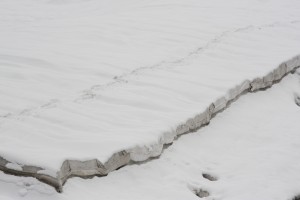

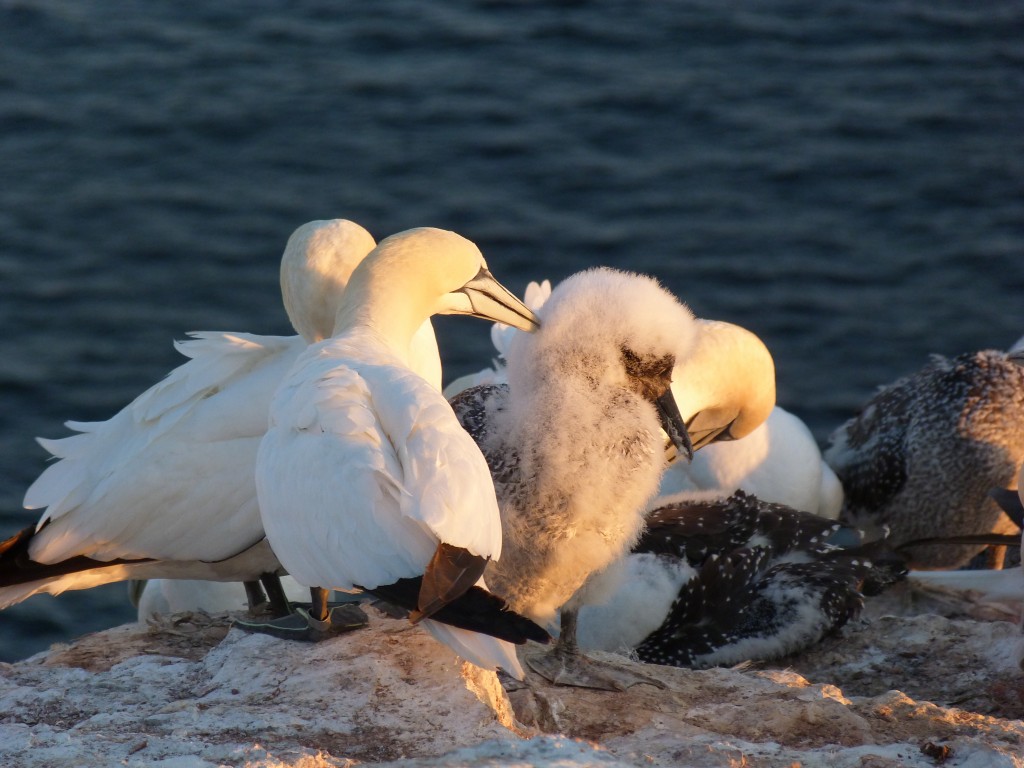
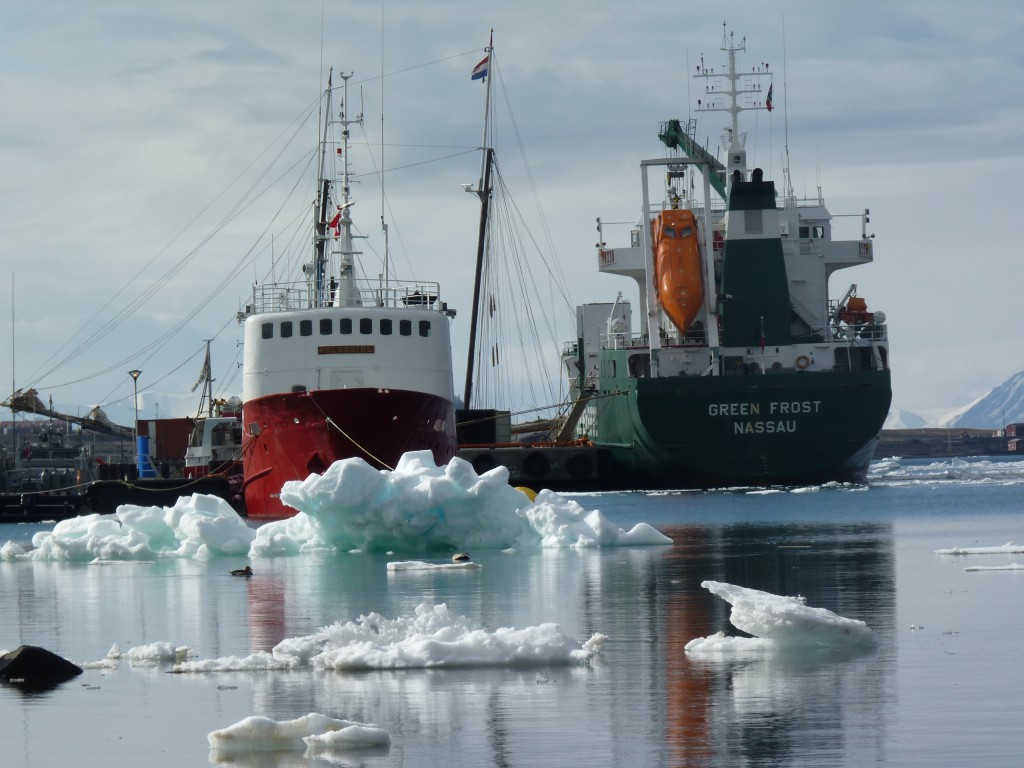
















Feedback